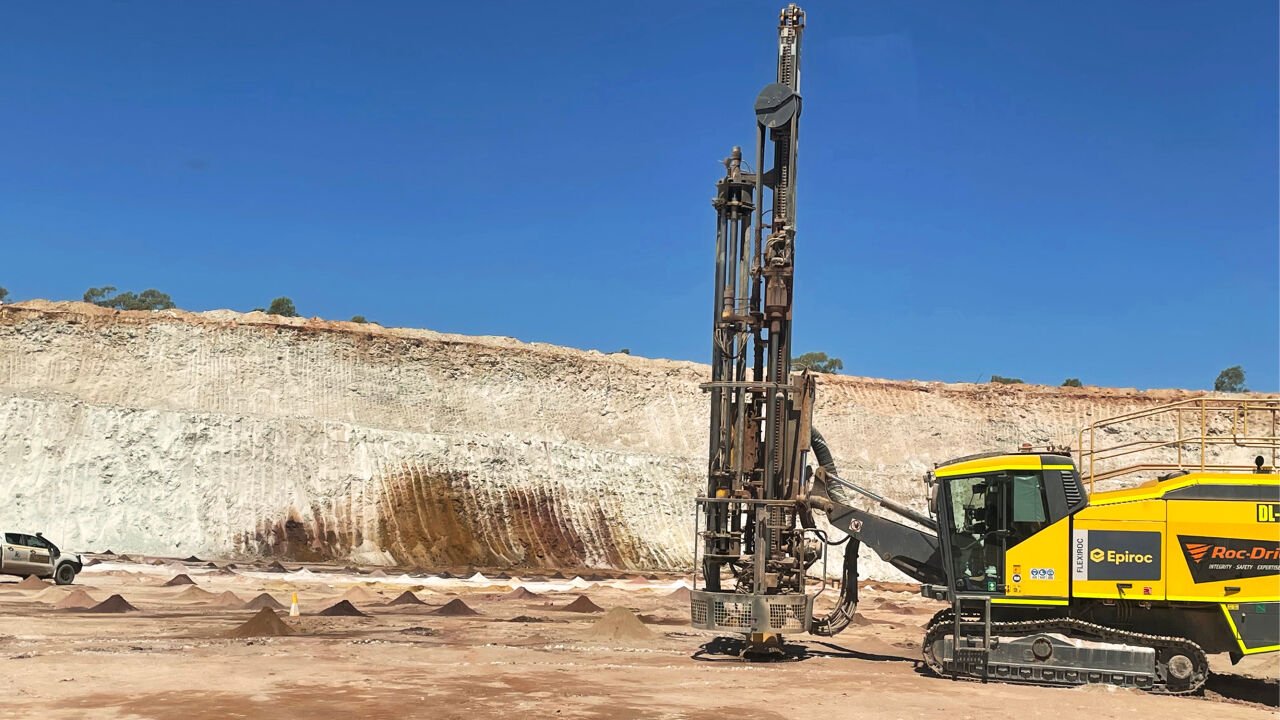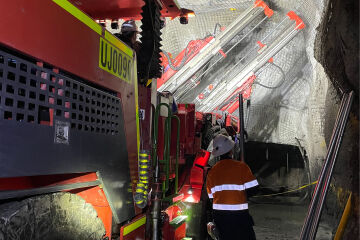minutos de lectura
Thiess trials OreSense tech to deliver safety productivity environmental benefits
A technology trial at the Anthill Project in Central Queensland is another step in Thiess’ drive to be at the forefront of sustainable mining.

With the promise of reduced environmental impact, improved safety and increased productivity the OreSense technology, created by tech mining start-up Plotlogic, scans rock to distinguish high grade resources from waste.
The OreSense technology, created by deep-tech mining start-up Plotlogic, scans rocks to distinguish high grade resources from waste. The technology provides real-time information, eliminating the need for a week or more waiting for testing results.
The technology is also expected to create environmental benefits through lower fuel usage and machinery consumables and a more optimised heap leaching process.
Group Executive Growth & Strategy Abdul Jarrah said the trial aligned with Thiess’ commitment to use technology to drive sustainable improvements for our clients.
“Investing in technology such as OreSense further enhances our inhouse capability and allows us to offer our clients greater value across the safety, cost, productivity and environmental spectrum,” Abdul said.
“Importantly, our focus on innovation will support our clients to achieve their environmental goals as Thiess continues to establish itself as a leader in sustainable mining practices.”
Group Manager, Geology and Geotechnical Donna Sheehy said applications for the technology were far-reaching.
“The machine takes around three minutes to scan a wall or mine face area of 15 metres by 50 metres – if the trial proves successful there is potential to scan dig faces and stockpiles to determine grade,” Donna said.
“From machine learning we can use OreSense to give us real time assay – saving lengthy lab processing wait times.
“This allows us to increase the average grade of material fed to the heap leaching process which means we haul less waste, reducing our use of fuel and machinery consumables.”
The trial, set to begin at the Anthill Project on 27 April, will run for around four weeks.


